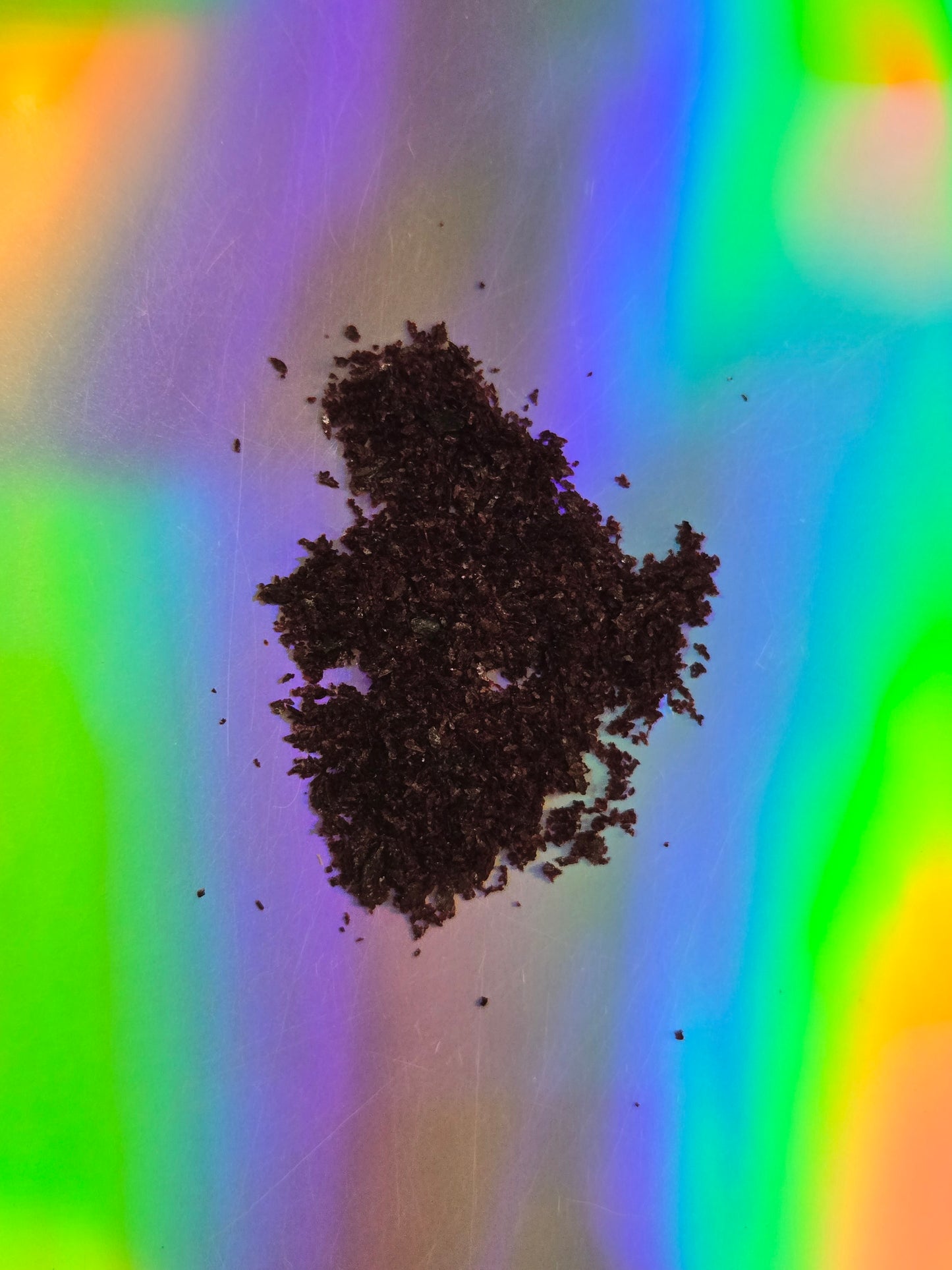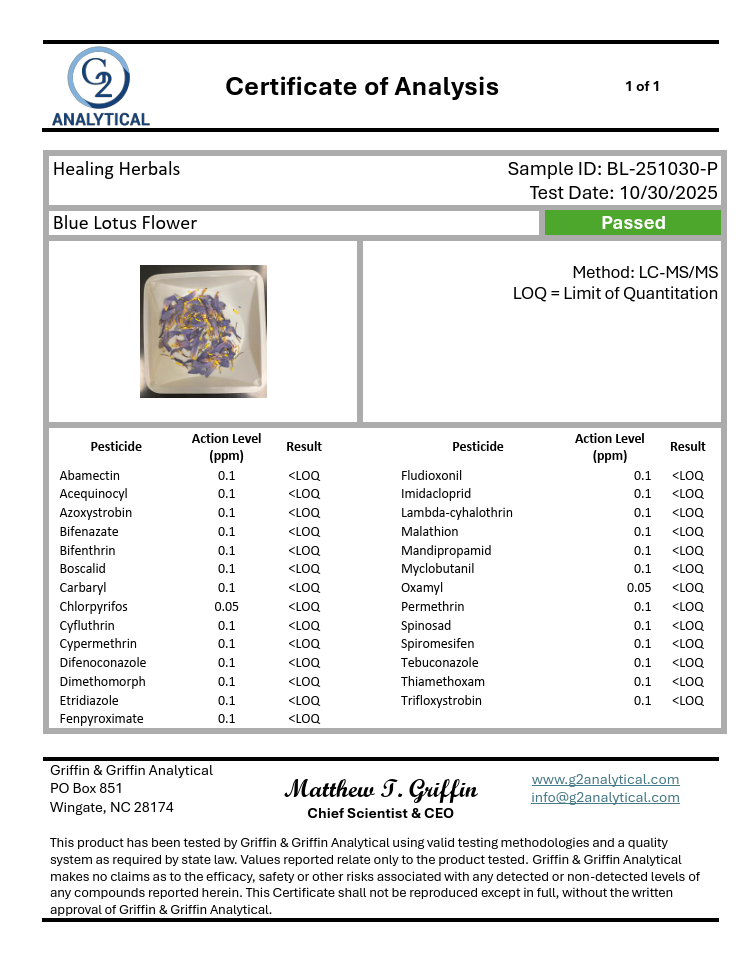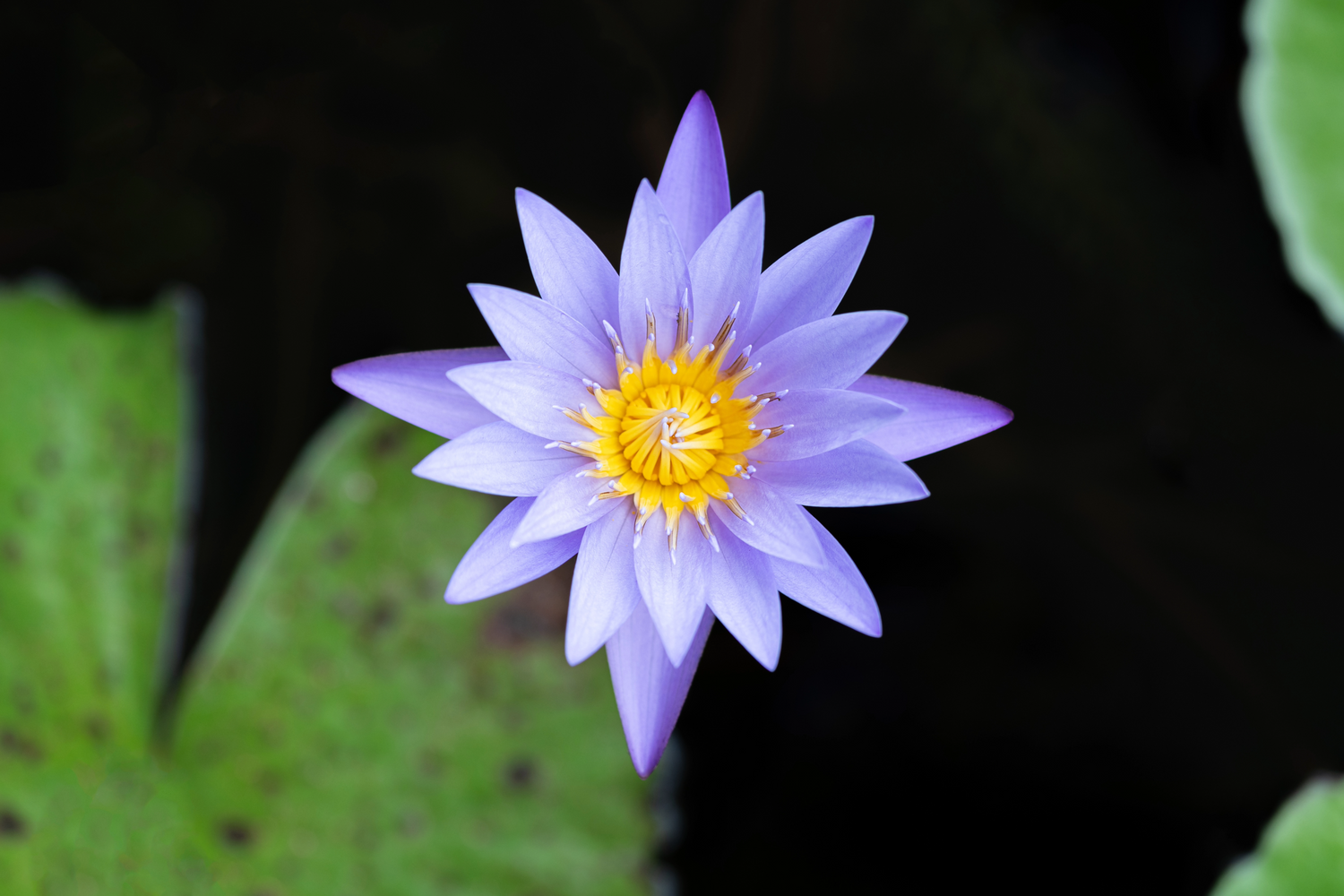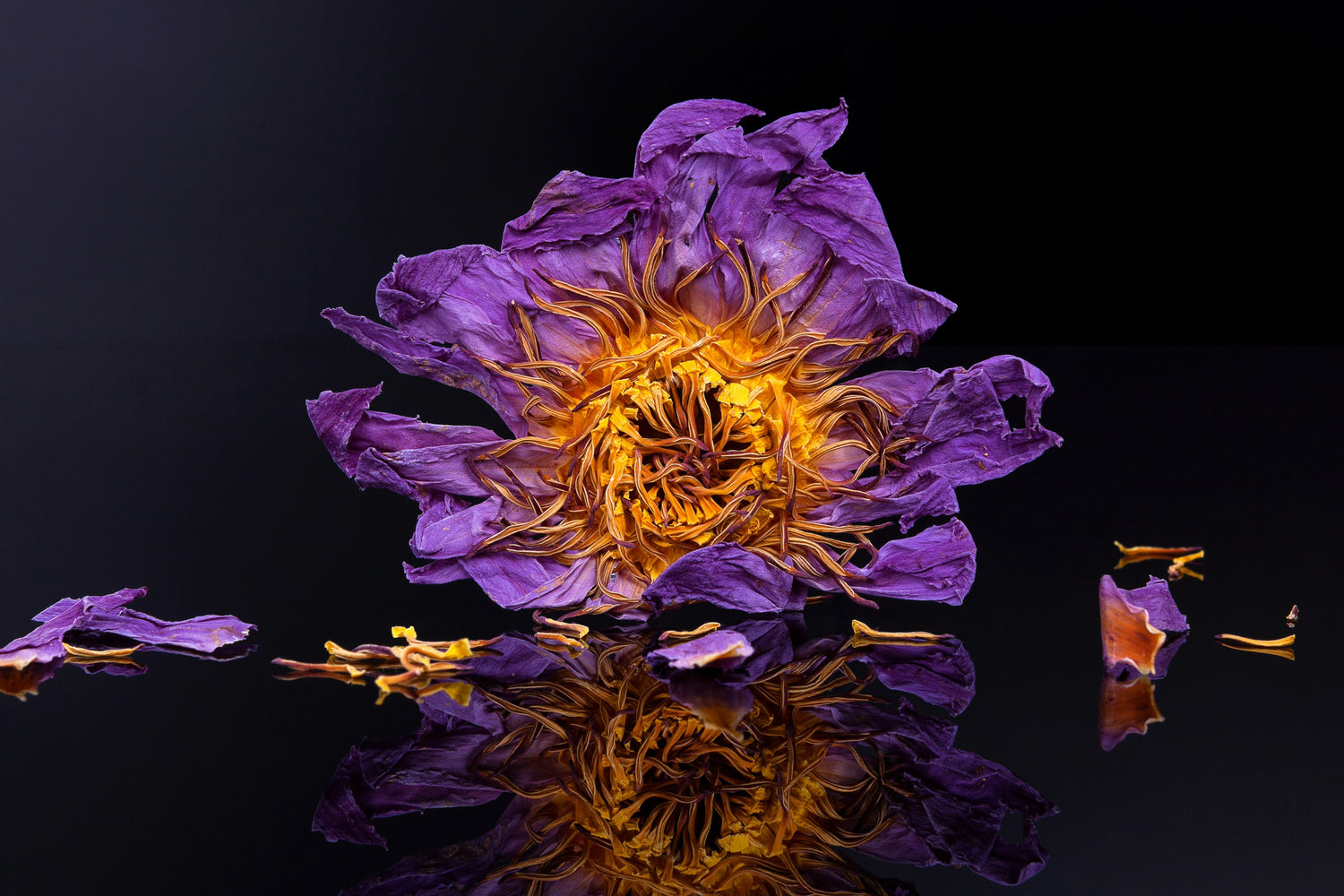
Healing Herbals
Blue Lotus Extract High Aporphine
Blue Lotus Extract High Aporphine
Couldn't load pickup availability
Refined Blue Lotus Extract
Product Description
Refined Blue Lotus Extract offers a premium take on this revered botanical. Crafted through an advanced refinement process, this extract is carefully filtered to remove impurities, resulting in a cleaner, more concentrated profile. The outcome is a smooth, high-quality extract with elevated potency for those seeking a refined product.
History
Blue Lotus (Nymphaea caerulea) holds a long-standing place in history, often regarded as a sacred plant in ancient Egyptian culture. Traditionally, it has been appreciated for both ceremonial and symbolic purposes, making it a timeless botanical of intrigue and significance.
Ingredients
• Refined Blue Lotus Extract (Nymphaea caerulea)
FDA Disclaimer
This product is not intended to diagnose, treat, cure, or prevent any disease. For adult use only. Consult your physician before use.
Share




Not only one of the best BL extracts I’ve had, but I genuinely feel the love and care they put into all their plants. Much appreciated ❤️
I love this stuff. It really puts me in a tranquil state, that is very pleasurable, and even though it makes me calm, it doesnt make me very tired. When i take it, it really makes me happy, makes my brain very sharp and body and mind feeling great and mind euphoric. Its similar to a mild cannabis experience without all the things I dont like about cannabis anymore. Great company, great values! Plus they put the extract in glass!!! A+
I am a forever customer. Hands down, the best blue lotus I have ever tried.

Blue Lotus and Quality
Healing Herbals works closely with small family lotus farms and through sustainable and ethical sourcing of Nymphaea caerulea. Our sources always grow organically, avoiding heavy synthetic fertilizers. Our blue lotus flowers come from well-managed farms or sustainably maintained wild ecosystems on private lands.

History of Blue Lotus
Blue lotus, or Nymphaea caerulea, was highly valued in ancient Egypt, appearing in art, jewelry, and temple carvings. Its striking blue flowers symbolized the sun, creation, and rebirth, and it was often included in religious ceremonies along the Nile. The plant’s presence in tombs and artifacts highlights its cultural and spiritual significance throughout Egyptian history.
Over the last 2 thousand years this flower has been cultivated, bred and ecologically diversified to include several known cultivars and varieties including the Purple Thai, Egyptian Blue, and other subvarieties.




